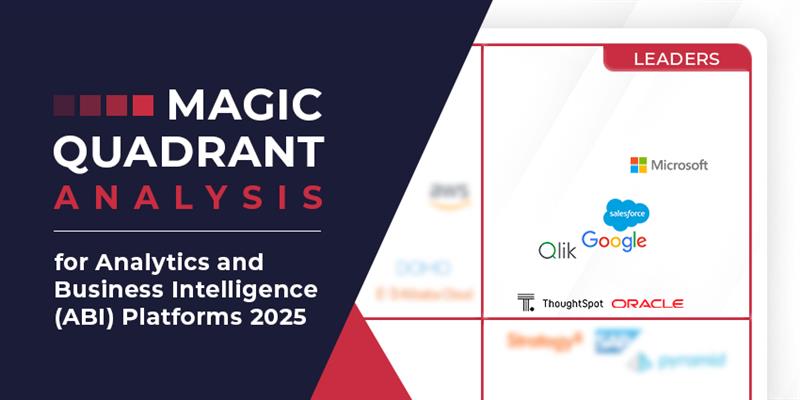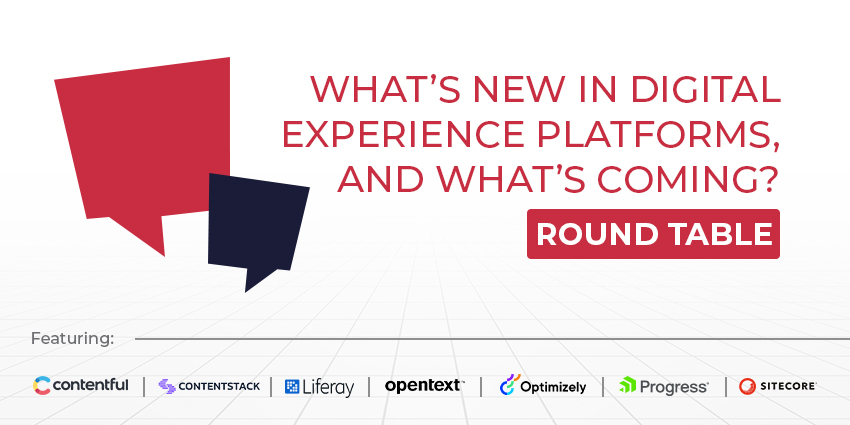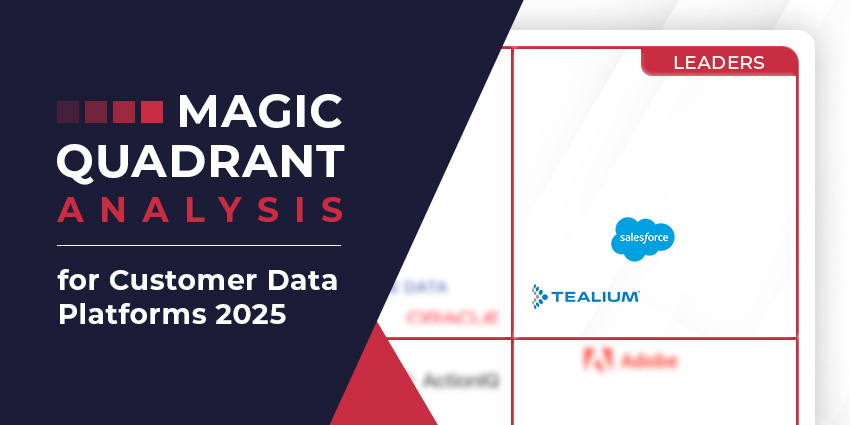The Genesys Experience Index launched today, hoping to change how businesses measure and monitor customer experiences.
Currently, most businesses still use the same metrics to manage CX as they did ten years ago. These typically include customer satisfaction, a net promoter score, and/or customer effort.
Yet, Genesys aspires to reimagine customer experience measurement by combining sentiment analysis with industry benchmarks and data from the Genesys Cloud CX platform.
In doing so, it will not offer a single score. Instead, according to a Genesys press release, users will gain insights such as: Where is the experience going wrong, and how can we fix it?
The Magic Quadrant leader for CCaaS also promises that companies can gather this information with “unprecedented precision to deliver stronger end-to-end experiences.”
Yet, perhaps most interestingly, the Index takes customer experience measurement out of glass-case confinement – enabling deeper analysis against other organizational priorities.
As Peter Graf, Chief Strategy and Operations Officer at Genesys, states:
With the Genesys Experience Index, we’re giving organizations a new way to action what matters most to improve end-to-end experiences and drive better results for their employees, customers, and business alike.
These are the three critical stakeholders for any contact center leader.
Recognizing this, Graf and his team developed an Index that not only monitors the customer experience but places it against broader agent and business objectives.
As such, experience teams do not prioritize one stakeholder. Instead, they understand the holistic impact of their actions.
Moreover, CX management teams prove how customer and agent experience improvements influence the bottom line (as the image below indicates). Such insights often prove invaluable when building future business cases.

Insights Into the Agent Experience
The Experience Index not only mixes business KPIs with newfound customer experience data, but it also surfaces critical contact center agent insights.
Such insights include:
- How agents rate their journey from onboarding to full proficiency.
- How their performance compares with their industry peers.
- How their experience affects customer experiences — positively or negatively.
- Possible strategies to improve agent performance on both a team and individual level.
Each may inspire initiatives that reimagine many contact center processes, from recruitment to induction training and beyond.
Just consider external benchmarking. Data for this exercise is seldom reliable as businesses calculate metrics differently.
Yet, as all the data comes from the Genesys Cloud CX platform, businesses may accurately gauge the strengths and weaknesses of their agent experiences – compared to their competitors.
That information may stimulate new customer retention strategies and inform recruitment initiatives that bring in the best-suited people.
After highlighting these benefits, Sheila McGee-Smith, President and Principal Analyst at McGee-Smith Analytics, stated:
Experience Index gives organizations a tailored, industry-specific solution to gain new levels of visibility so they can improve agent satisfaction and engagement, leading to improved customer experience.
Moreover, the approach allows leaders to benchmark their customer experience against industry rivals, again isolating strengths and weaknesses.
Addressing those weaknesses is critical to chip away at the advantages competitors may enjoy. Yet, understanding the strengths is also essential information for market, sales, and retention specialists.
Of course, The Experience Index is about much more than benchmarking. Yet, it will help breathe a new lease of life into the old, trusty initiative.
Businesses Already Using The Experience Index
Genesys first floated The Experience Index in November 2021 and has since run a pilot program with several high-profile customers.
First was a global online fashion retailer, which found that agent well-being across digital service channels had dropped considerably.
That finding caused concern, but the business found a correlation with data from Genesys Cloud CX, which highlighted a surge in contact volumes coming through these channels.
As such, The Experience Index predicted an increase in employee turnover if the contact center did not address this spike in digital demand.
Another example comes from a Canadian financial services company. The Index pinpointed insufficient training materials and scheduling issues as mounting agent frustrations at this business.
When adding data from Genesys Cloud CX, the Index highlighted how the company failed to utilize all the workforce engagement capabilities it had already purchased. These had the potential to tackle these pressing problems.
Finally, a non-profit healthcare business discovered that agents felt dissatisfied with onboarding processes, ill-equipped for many customer conversations, and undervalued.
The Genesys Experience Index analysis helped to highlight knowledge base gaps and uncover new employee engagement activities to ease these concerns.
Each of these examples highlights how customers can tap exact insights they need to improve any experience. And with the broader Genesys portfolio, they can action these.
As such, businesses that already work with Genesys for customer journey orchestration and workforce engagement are likely to extract the most value from the solution.







